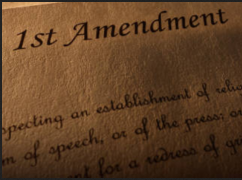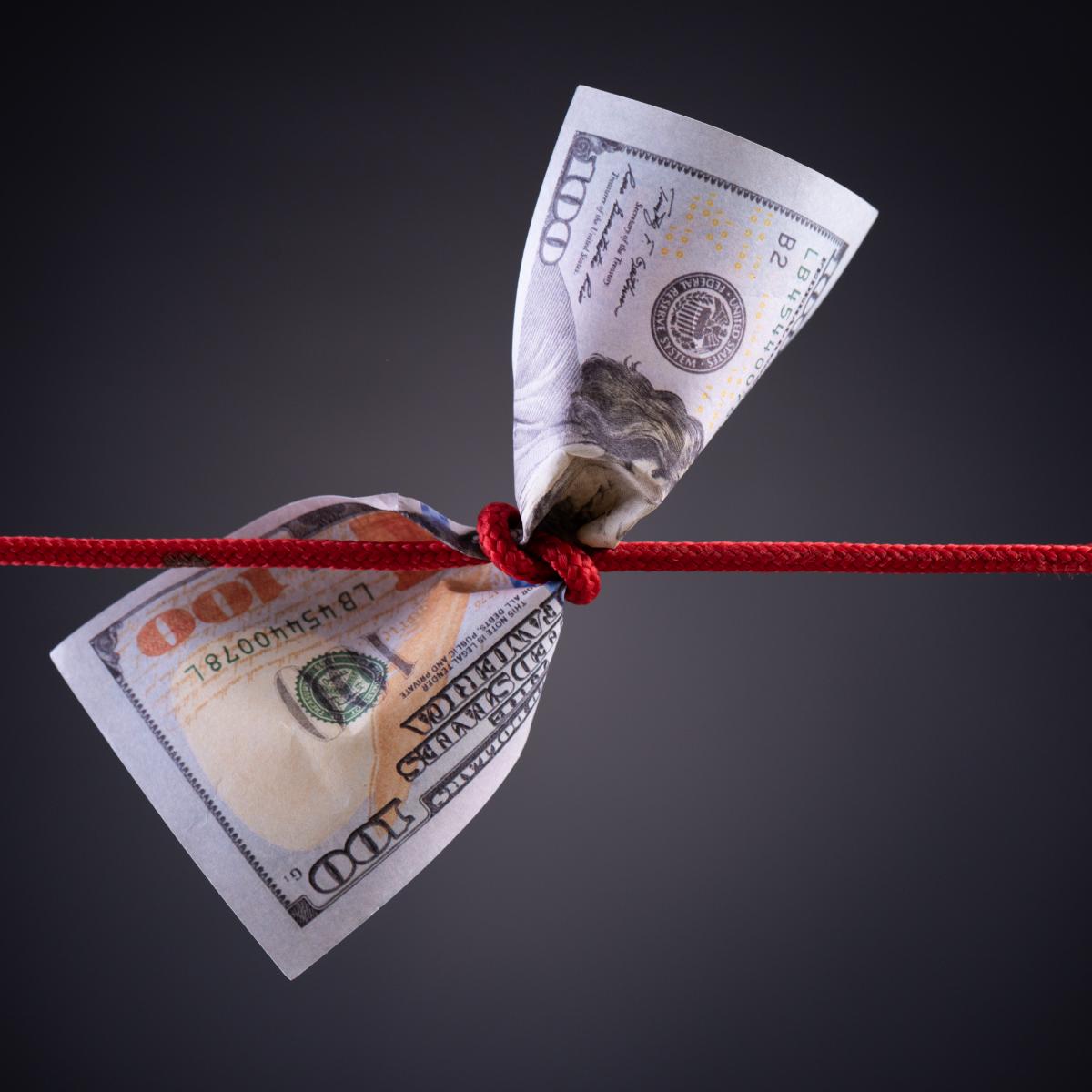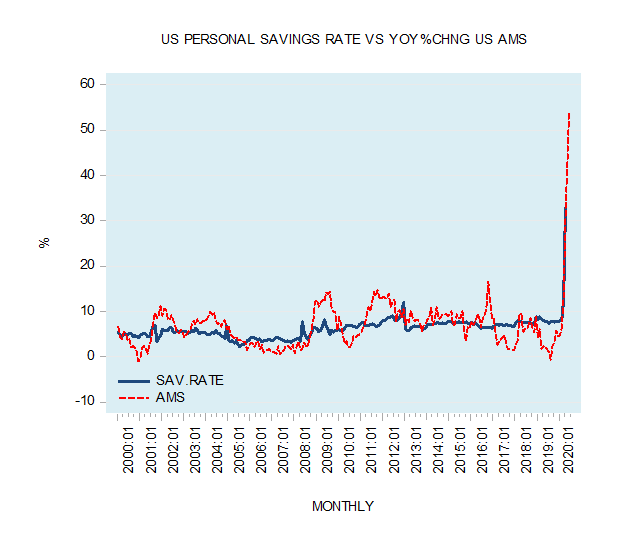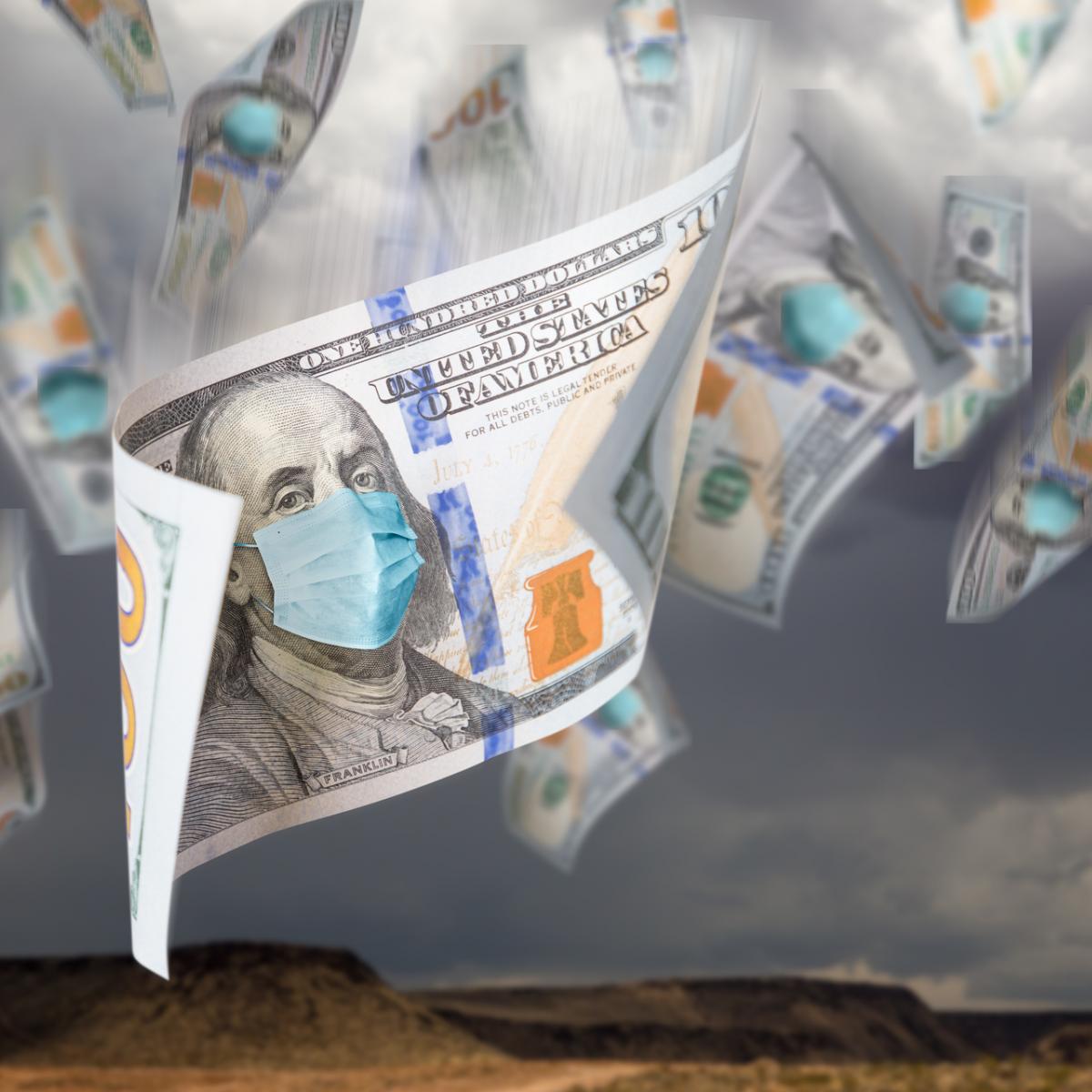 Some Conservatives Want Americans to Abandon Classical Liberalism. Don’t Listen to Them.
Some Conservatives Want Americans to Abandon Classical Liberalism. Don’t Listen to Them.
Donald Trump’s economic populism, and his break with the established post-war conservative movement, has created an opening for new types of conservatism. Among these is the anti-market wing of the movement characterized by a renewed enthusiasm for trade controls, more spending on welfare programs, and more government regulation in the everyday lives of ordinary Americans.
 Central Bankers Will Bring Us Economic Stagnation
Central Bankers Will Bring Us Economic Stagnation
“Our country continues to face a difficult and challenging time….People have lost loved ones. Many millions have lost their jobs. There is great uncertainty about the future. At the Federal Reserve, we are strongly committed to using our tools to do whatever we can, for as long as it takes…to ensure that the recovery will be as strong as possible, and to limit lasting damage to the economy” –Jerome Powell, Chairman of the Federal Reserve, June 10, 2020.
 The Deficit Myth: Modern Monetary Theory and the Birth of the People’s Economy
The Deficit Myth: Modern Monetary Theory and the Birth of the People’s Economy
I’ve got good news and bad news. The good news is that Stephanie Kelton—economics professor at Stony Brook and advisor to the 2016 Bernie Sanders campaign—has written a book on modern monetary theory (MMT) that is very readable and will strike many readers as persuasive and clever.
 The Forgotten Greatness of Rothbard’s Preface to Theory and History
The Forgotten Greatness of Rothbard’s Preface to Theory and History
Anyone who advocates the ideas of the Austrian school of economics, whether broadly and publicly or even in the context of private discussions with friends and acquaintances, will almost immediately find themselves grappling with the tricky question of how to distill the core essence of what Austrian economics actually is, and how to convey those truly definitive characteristics as briefly and simply as possible.
 Why the Central Bank “Bailout of Everything” Will Be a Disaster
Why the Central Bank “Bailout of Everything” Will Be a Disaster
Despite massive government and central bank stimuli, the global economy is seeing a concerning rise in defaults and delinquencies. The main central banks’ balance sheets (those of the Federal Reserve, Bank of Japan, European Central Bank, Bank of England, and People’s Bank Of China) have soared to a combined $20 trillion, while the fiscal easing announcements in the major economies exceed 7 percent of the world’s GDP according to Fitch Ratings.
 Why Central Banks Are a Threat to Our Savings
Why Central Banks Are a Threat to Our Savings
The US personal savings rate jumped to 33 percent in April from 12.7 percent in March and 8 percent in April last year. An increase in savings is regarded by popular economics as less expenditure on consumption. Since consumption expenditure is considered as the main driving force of the economy, obviously a rebound in savings, which implies less consumption, cannot be good for economic activity, so it is held. Saving and wealth—what is the relation?
 As the Fed Pumps, the Stock Market Is Increasingly the Only Game in Town
As the Fed Pumps, the Stock Market Is Increasingly the Only Game in Town
While the economic storm caused by COVID-19 has seemed to wane (temporarily?), the stock market can’t seem to go but one direction—up. Graham and Dodd’s meaty 700-page Security Analysis has soared to number 7695 on the Amazon best-seller list. According to Warren Buffett, the book is A road map for investing that I have now been following for 57 years.
 The COVID Crisis Supercharged the War on Cash
The COVID Crisis Supercharged the War on Cash
The corona crisis has already taken a very high toll and caused deep damage in our societies and our economies, the extent of which is yet to become apparent. We have seen its impact on productivity, on unemployment, on social cohesion and on political division. However, there is another very worrying trend that has been accelerated under the veil of fear and confusion that the pandemic has spread.








